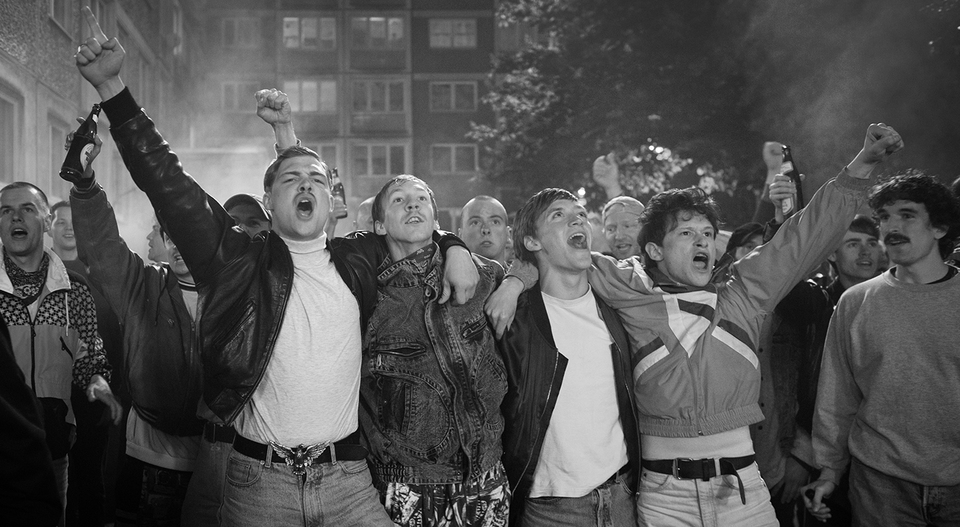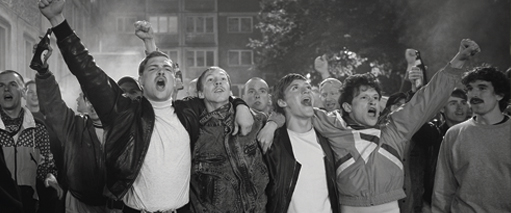Film Review: We Are Young. We Are Strong.
German Drama About Immigration And Xenophobia Hits Home


Latest Article|September 3, 2020|Free
::Making Grown Men Cry Since 1992

